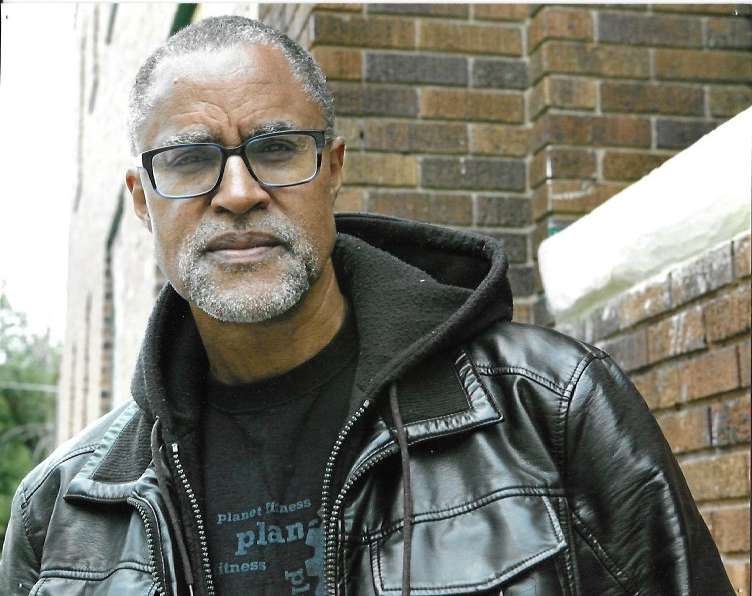
UNMC
The Nebraska Medicine Inclusion and Diversity Office and the UNMC Office of Inclusion will hold the med center’s annual Dr. Martin Luther King Jr. Day Program on Jan. 15. This year’s program will honor Dr. King’s legacy and dream of equality and equity for all.
The event will be held in person on the ground floor of the Truhlsen Campus Events Center and virtually over Zoom. Free lunch provided by Jackson’s Fair Deal Café will be served to the first 75 people who register to attend in-person. Doors open at 11 a.m., lunch is served at 11:30 a.m., and the program begins at noon.
The program will open with a keynote address by Walter Vincent Brooks, African American journalist, social research investigator and community activist. Brooks is the author of “Trust No Shadows After Dark: African American Genocide in the United States of America,” which can be purchased in advance of the event at Aframerican Book Store, 3226 Lake St., for those interested.
The third annual Unsung Hero Award recipients will be announced during the program. The Unsung Hero Award celebrates colleagues at Nebraska Medicine, UNMC and/or Clarkson College who give back and serve others through volunteerism, service, outreach, mentorship or encouragement, either in their workplace or their community.
The Dr. Martin Luther King Jr. Day program is open to Nebraska Medicine colleagues, UNMC students and employees, as well as community members. Everyone must register to attend the event in-person or virtually by using the links below:
- Colleague in-person registration
- Community member in-person registration
- Virtual registration (colleagues and community members)
About UNMC
As Nebraska’s only public academic health science center, the University of Nebraska Medical Center enrolls more than 4,400 students across six colleges, two institutes and a graduate studies program. Its mission is to create a healthier future for Nebraskans through premier education, research and clinical care, but its impact -- rooted in a culture of collaboration, big ideas and public-private partnerships – goes far beyond, in areas that include infectious diseases, rural health, cancer research and treatments, global health security, and simulation and experiential learning technologies.




